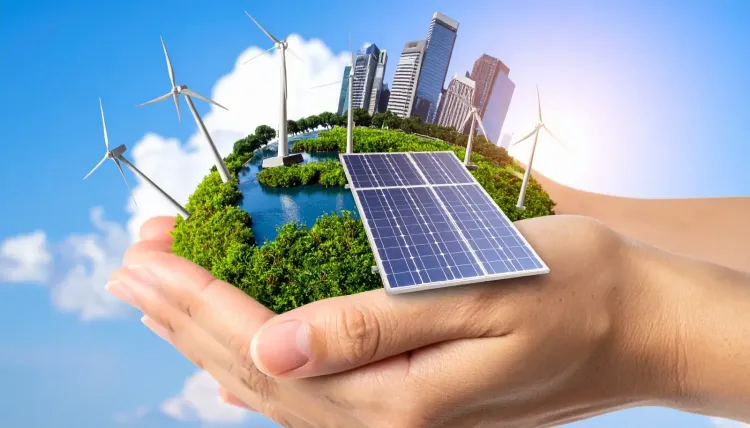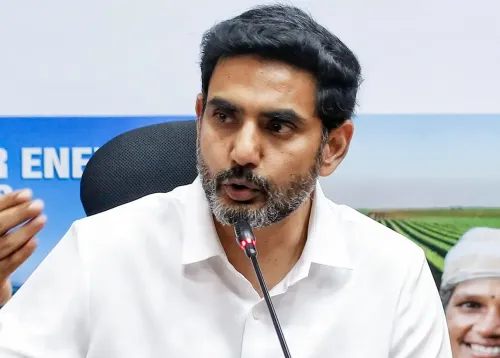Does India Require $52 Billion Annually for Urban Climate Adaptation?

Synopsis
Key Takeaways
- India needs $52 billion annually for urban climate adaptation.
- The informal sector accounts for 40% of urban population.
- Five investment ideas can enhance climate resilience.
- The report emphasizes unlocking funding from public and private sectors.
- Collaboration is key to a climate-resilient future.
New Delhi, Nov 12 (NationPress) India requires approximately $52 billion (around Rs 4.58 lakh crore) each year to effectively tackle its urban climate adaptation challenges, as highlighted in a recent report released on Wednesday.
From severe heatwaves to unprecedented monsoon rainfall, increasing air pollution to unpredictable cyclones, the impacts of climate change are taking a toll on urban areas across India.
A report produced by The Bridgespan Group in partnership with United Way of Mumbai and HSBC India emphasizes the potential to bolster climate resilience within India’s extensive informal sector, which serves as a crucial component of every city’s economy and comprises about 40% of the urban populace.
The research investigates the responses of informal workers and residents of informal settlements to escalating climate threats including heatwaves, flooding, and air quality deterioration.
Drawing insights from discussions with community members and experts, the report proposes five actionable investment strategies—or “bold bets”—that could promote community-driven climate adaptation while attracting further public and private investment:
These include: climate-smart housing enhancements for improved heat resilience and energy efficiency; climate-indexed wage protection to stabilize income amid climate-related disruptions; sustainable urban drainage systems to enhance water security and mitigate flooding; decentralized renewable energy solutions for reliable, affordable electricity in informal areas; and climate-resilient micro-entrepreneurship that broadens green indoor job opportunities and stimulates innovation.
“Funding for climate resilience in informal urban communities transcends mere risk mitigation; it is about seizing opportunities. The report underscores the vital role that philanthropy, corporate social responsibility, and venture capital can play in showcasing solutions to mobilize both public and private capital,” stated Aloka Majumdar, MD and Head of Sustainability at HSBC India.
Anant Bhagwati, a Bridgespan Partner and co-author of the report, expressed, “We aspire for this report to ignite collaborative efforts, serving as a foundation for funders and investors to cultivate a more equitable and climate-resilient future for all urban dwellers.”









